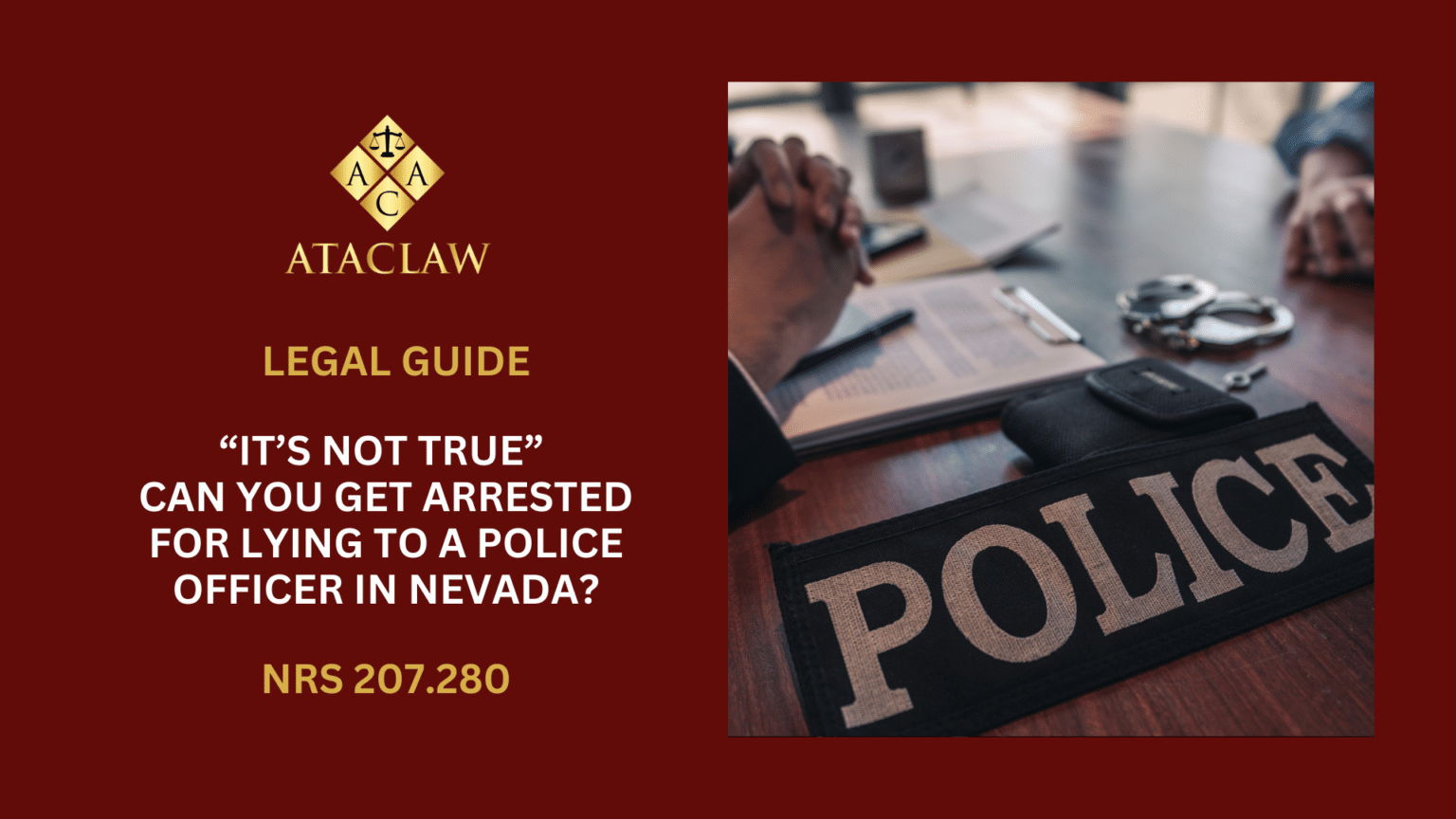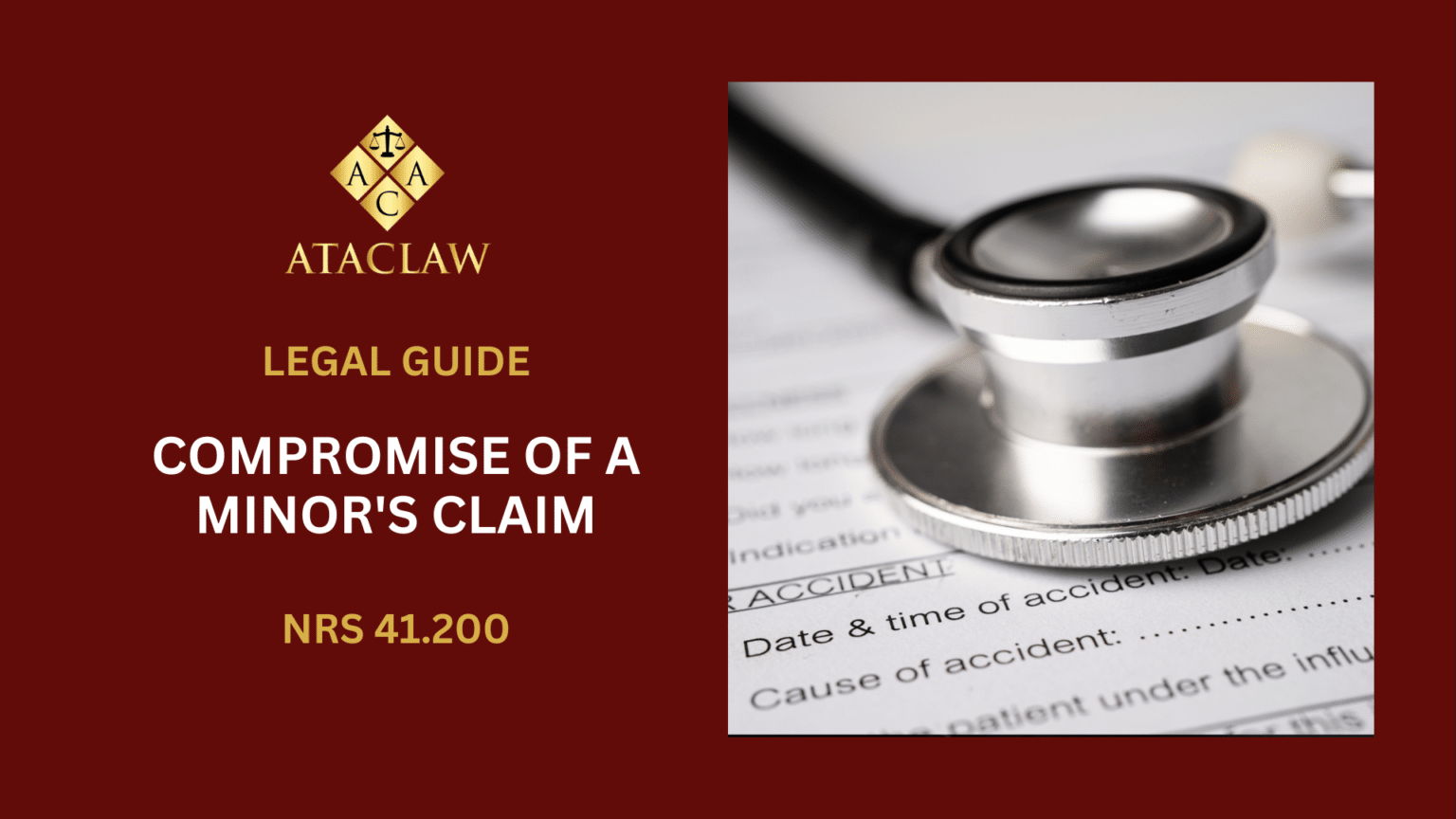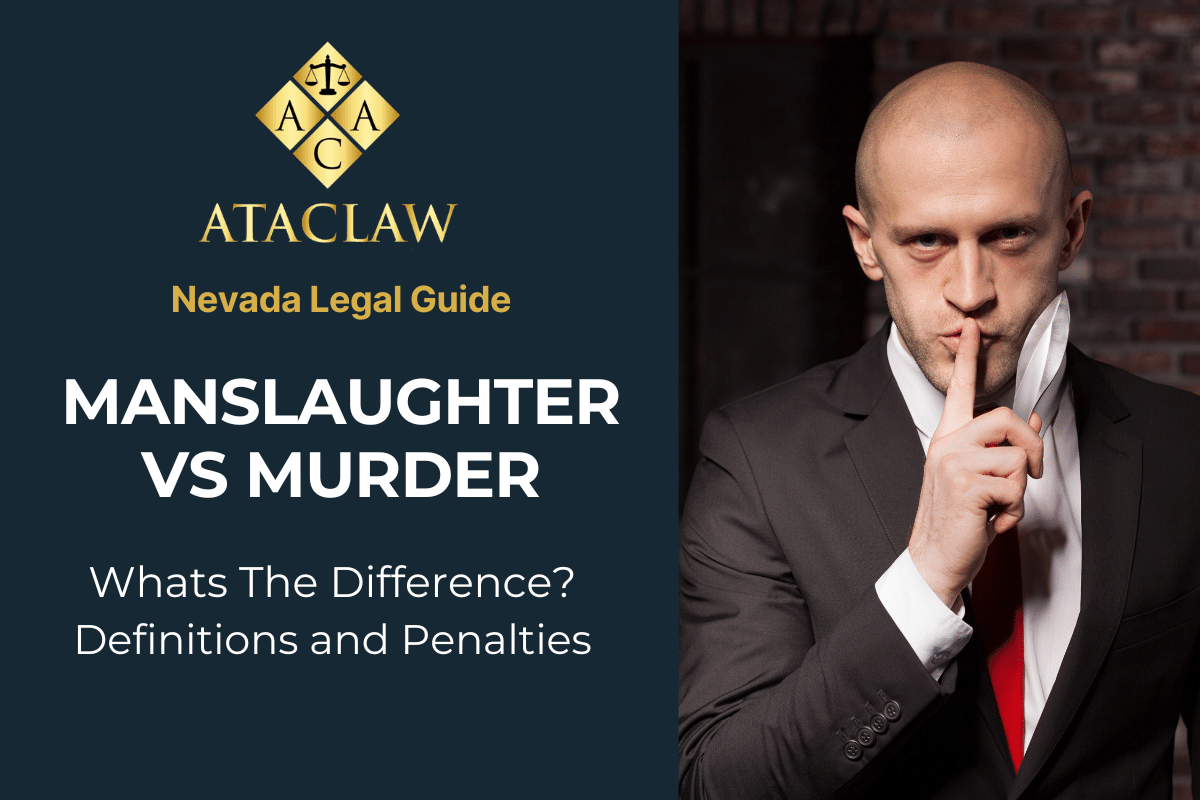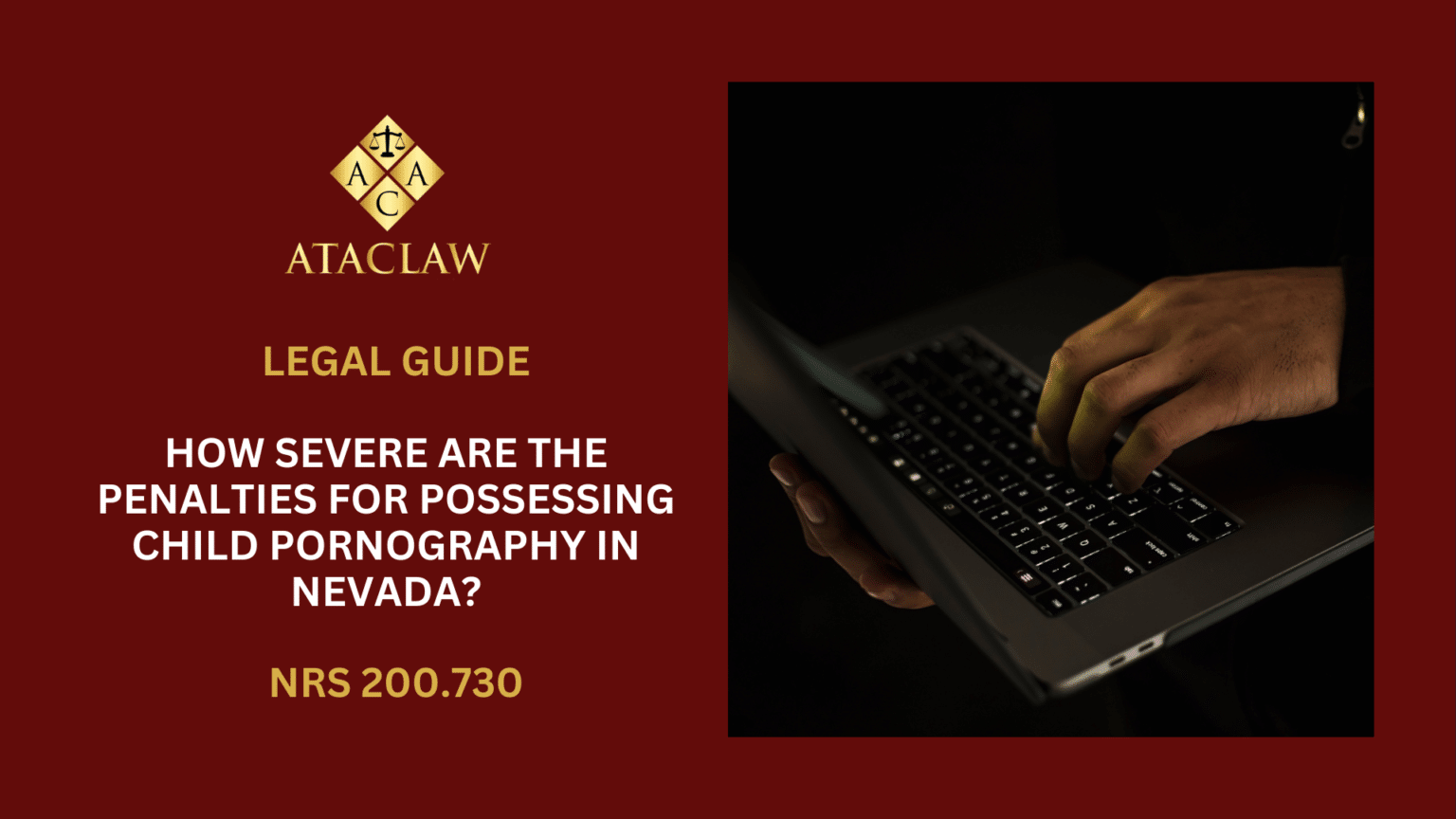In Nevada, the integrity of law enforcement investigations is taken very seriously. To maintain this integrity, NRS 207.280 specifically addresses the issue of making false police reports—a concern that not only wastes law enforcement resources but also potentially places innocent people under undue scrutiny. But what exactly does this mean for someone who knowingly files a false report, and how does ATAC LAW suggest navigating these waters? Read on for a clear, brief overview.
According to NRS 207.280, knowingly making a false report to law enforcement that a misdemeanor or felony has been committed is a misdemeanor offense. This isn’t about minor misunderstandings or mistakes; it’s about deliberately misleading law enforcement into investigating non-existent crimes. The motives can range from seeking revenge, attempting to cover up one’s own illegal activities, or even just for attention, but the outcome is the same: potential criminal charges against the person making the false report.
What Are the Legal Repercussions for Filing a False Police Report in Nevada?
In Nevada, it is indeed illegal to knowingly make a misrepresentation to law enforcement about the occurrence of a crime, potentially leading them to initiate a criminal or internal investigation. This action could have serious legal consequences, regardless of the method used—whether the false report is delivered orally, in writing, or through electronic communication.
Understanding Nevada’s Legal Stance on False Reporting
Nevada’s statutes, specifically under NRS 207.280, clearly outline that it is a legal offense to provide false information to various members of the law enforcement community, including:
- Police officers
- Sheriffs or deputy sheriffs
- District attorneys or deputy district attorneys
- Any member of the Nevada Department of Public Safety
Typical Situations Involving False Reports
A frequently encountered example involves an instance where one spouse, driven by anger, falsely accuses the other of committing an act of domestic violence, such as battery (referenced under NRS 200.485). Should law enforcement carry out an investigation and discover the accusation to be unfounded, the spouse who made the false claim may face charges for false reporting of a crime.
The Consequences of False Reporting
The ramifications of such actions are not minor. Convictions could lead to punitive measures that include fines and even incarceration. This highlights the gravity with which Nevada law views the false reporting of criminal activity, reflecting the law’s intent to preserve the integrity of justice and law enforcement resources.
Could I Face Jail Time for Filing a False Police Report in Nevada?
In Nevada, making a false police report is no light matter; it’s classified as a misdemeanor offense. This means individuals who deliberately mislead law enforcement by reporting a crime that didn’t occur are subject to significant legal consequences, including:
- A potential jail sentence of up to 6 months, and/or
- Fines reaching up to $1,000.
It’s worth noting that the severity of the punishment ultimately lies in the hands of the presiding judge. In some instances, the judge may decide that a financial penalty is sufficient, opting not to include jail time. However, this is not guaranteed, and the possibility of facing time behind bars for such actions is a very real one.
Can Filing a False Police Report Affect Your Immigration Status?
Yes, filing a false police report may be considered a crime involving moral turpitude, which can lead to deportation for non-citizens. It’s crucial for individuals facing such charges to secure the services of a skilled lawyer promptly. An experienced attorney can work towards either having the charges dismissed or altered to a non-deportable offense with minimal impact on one’s immigration status.
How Can Someone Defend Against Charges of Filing a False Police Report in Nevada?
Facing an accusation under NRS 207.280 for submitting a false police report in Nevada can be a serious and stressful ordeal. However, there are established defense strategies to combat these charges effectively:
- Lack of Intent: The law specifically targets individuals who knowingly file a false report. Thus, if you acted with genuine belief and good faith that a crime had occurred, you have not breached the law. This defense hinges on establishing that there was no intent to deceive law enforcement.
- Absence of Police Investigation: Conviction for making a false report typically requires that the police actively investigated the alleged crime. If your attorney can demonstrate that no investigation was initiated by law enforcement based on your report, there may be grounds for dismissal of the charge.
- Existence of an Actual Crime: A lack of evidence uncovered by the police does not always equate to the non-occurrence of a crime. If your defense can present evidence or reasonable indications that the crime you reported indeed took place, then the false reporting charges against you ought to be withdrawn.
Vital to any criminal proceeding is the prosecution’s duty to establish the defendant’s guilt beyond a reasonable doubt. Failure to meet this stringent standard should result in the accused individual’s acquittal.
How Soon Can a False Police Report Conviction Be Sealed in Nevada?
In Nevada, if you’re convicted for filing a false police report, you’re eligible to have this conviction sealed from your criminal record once a year has elapsed since the case has been resolved. In instances where the charges are dismissed, sealing can occur right away. Bear in mind, however, that the process of sealing records is not instantaneous and typically spans across several months.
If you’re looking to clear your record, consulting with expert legal counsel like ATAC LAW can help streamline the process and increase the likelihood of a successful sealing.
For further legal assistance and to discuss your case with an expert, don’t hesitate to contact ATAC LAW.




